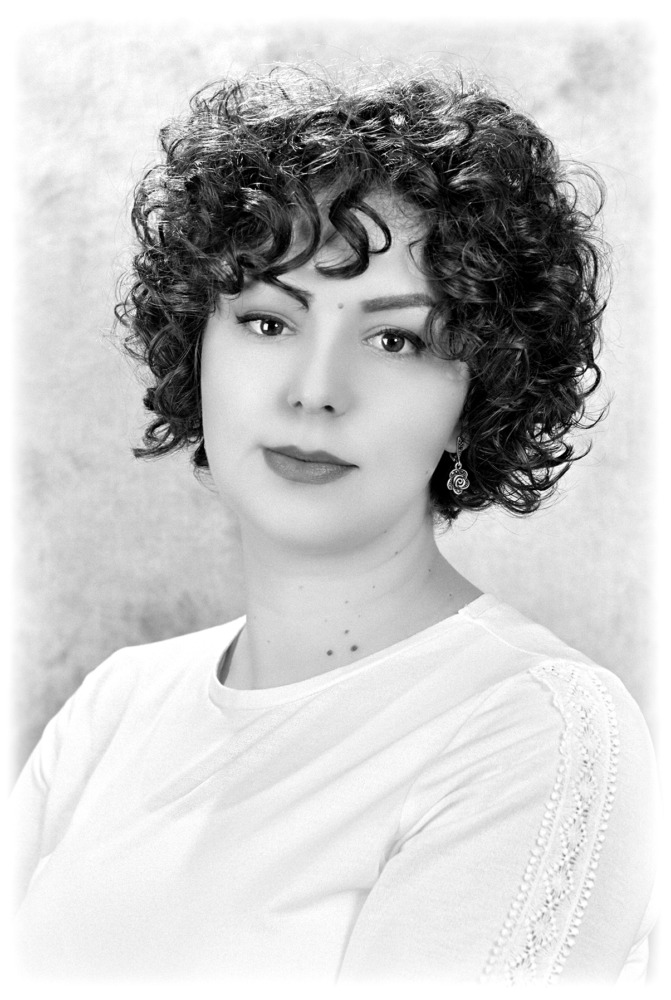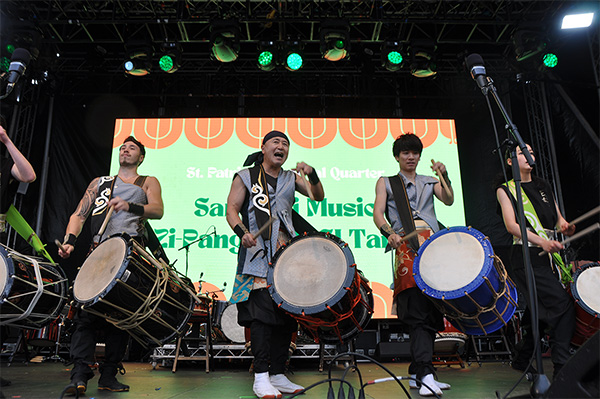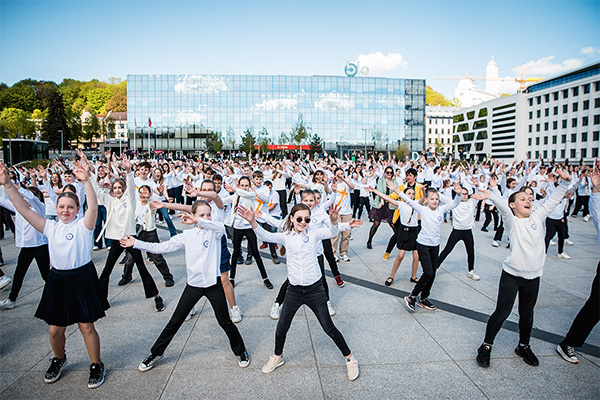Column
ColumnMusic for Peace
“There is nothing glorious in any war, each is a symbol of a universal human tragedy.”
– Wilfred Owen
The program platform called Fortress of Peace, European Capital of Culture 2022 in Novi Sad was realized in the period from June 17 to July 17. This program arch brought together more than 1500 artists from 30 countries, who at 150 artistic events presented creations dedicated to war and anti-war themes, as well as the causes and consequences of war conflicts, in order to question and search for a culture of peace through theory and socially engaged art. Such thinking led both to confronting the past and to looking at the current war conflicts, honoring the victims of wars in the world, Europe and the Western Balkans. The main question that, as the idea of the entire program arch of the Fortress of Peace ran through all these events was: “how to turn destruction into creation, as a permanent foundation of peace?”
The Fortress of Peace music program was realized as part of the NEO festival, where 10 concerts, with different performing groups, made up of artists from Serbia and abroad, presented contemporary musical creativity dedicated to anti-war themes, peace and togetherness. In this way, the NEO festival, with the help of music, sent a strong message of peace, togetherness, tolerance and dialogue. The music that the audience had the opportunity to hear at all 10 concerts can be characterized as a living monument that aims to convey strong emotions about the deep truths of the social-historical context. A monument that, through catharsis, ennobles, educates, elevates, cleanses, calms, and thus emphasizes the nonsence of every war conflict. The NEO festival gathered around 500 participants, domestic and foreign performers, artists and composers, who were connected in joint work and exchange of experience, in order to, in this way, create connections for continued cooperation on projects in the near future.
The most significant projects that were performed within the festival itself are: the youth symphony orchestra “For New Bridges” whose performing group consisted of students from Novi Sad, Zagreb, Maribor, Graz, Sarajevo, Trieste and Budapest. They are at the closing ceremony of the festival, next to Beethoven’s Piano Concerto no. 1 with soloist Jasminka Stančul and Dvořák’s Symphony from the New World premiered a work by Đorđe Marković, entitled “Overture for Peace”, specially commissioned for this concert. Then Novi Sad sculptor Nikola Macura, who makes instruments from weapons from military waste, performed the musical performance “From Noize to Sound” with his group of performers. The Austrian string quartet Acies, together with singers from the Kovilj monastery, performed a multimedia work by Aleksandra Vrebalov called Beyond Zero 1914 – 1918, dedicated to the victims of the First World War.
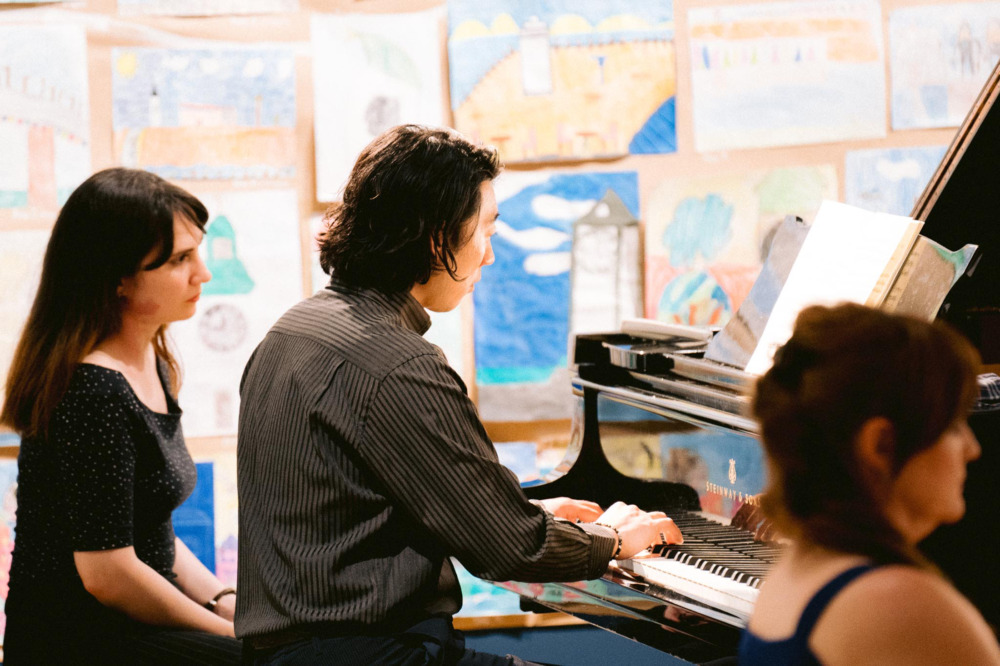
The author of the visual content was Bill Morison. It is also extremely important to note that the Quartet for the End of Time, by the French composer Olivier Messiaen was performed in the Gallery of Matica Srpska. A work composed in the camp, during the war captivity in 1940. Listening to this work performed by: Julija Hartig (violin), Marko Miletić (cello), Aleksandar Tasić (clarinet) and Shinnosuke Inugai (piano) in the intimate art space of Gallery of Matica Srpska, we could feel all the sadness, horror and fear that marked the period of the Second World War, but also the hope and glory of life. It is important to note that before the concert Phd. Prof. Ira Prodanov presented this work in depth and drew the audience’s attention to what it is necessary to understand while listening this peace. On the other hand, the NEO ensemble, which consisted of a piano trio: Yukiko Uno (violin), Shizuka Mitsui (cello) and Pavle Krstić (piano) performed Beethoven’s Piano Trio op. 97 and then Shostakovich’s Piano Trio op. 67 no. 2. which is dedicated to victims of WWII. These young artists performed this program with great commitment, stylistic persuasiveness and precision of tonal expression. Schostakovich’s Chamber Symphony also dedicated of victims of war and fascism was performed on the opening of festival by renowned orchestra Sant George Strings. Concerts dedicated to victims of war and calling for peace were extremely moving for many visitors. In the halls you could often feel the silence and the concentrated following of the music flow, which evoked memories of events from the immediate past and therefore also memories of ancestors, who were directly faced with suffering and suffering from the First and Second World Wars.
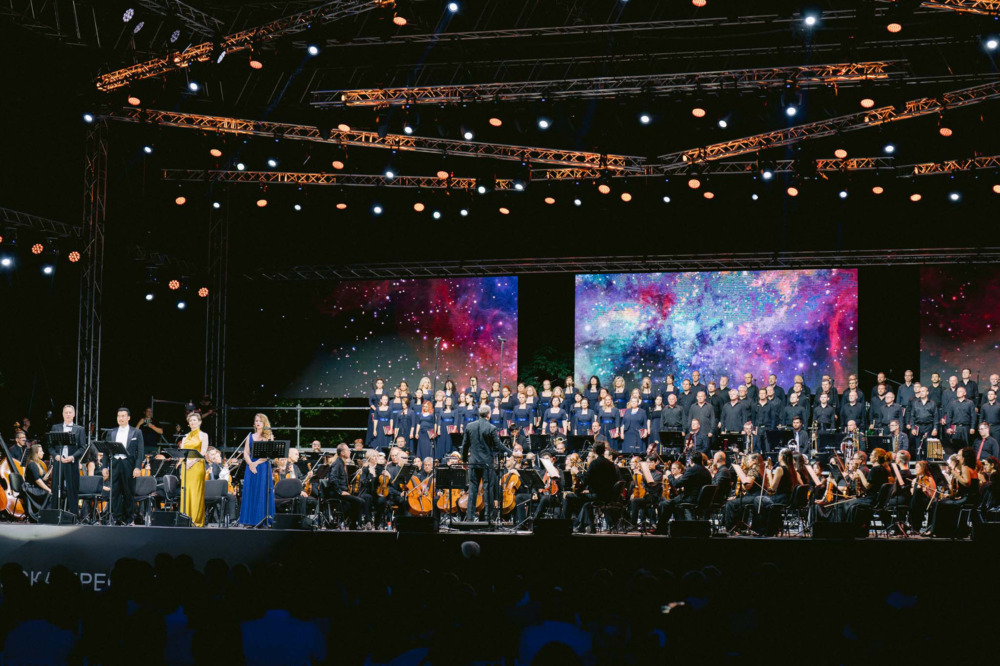
The culmination of the festival was a unique musical event held on June 26, called the Beethoven Marathon. This unique project represented the collaboration of the Belgrade Philharmonic, the Dortmund Philharmonic, the Slovak National Choir, under the artistic direction of the conductor Gabriel Felz where these two orchestras performed all eight of Beethoven’s symphonies in one day only to come together at the very end in one big ensemble of 205 musicians on stage at the Petrovaradin Fortress where they performed the most important of all, the 9th symphony. This was the best way to send message of togetherness and tolerance with Ode To Joy of great German poet Schiller. This event was a special opportunity to experience all of Beethoven’s symphonies from the beginning to the end.
As we had great experience with Japanese artists, not only because they are amazing musicians, but because they are all highly professional and still modest and easy-going people, we will be very happy to continue collaboration with them and to invite new artist they’ve recommended to us. For the next year we have planned festival to be held in the second part of June and we are in contact with a couple of Japanese artists who are winners of the biggest international competitions.
From these recommendations we will choose at least three artists and make ensembles with Serbian musicians for two concerts of chamber music. The program will include Japanese and Serbian composers.
We will also choose one more artist to play as a soloist with chamber orchestra Camerata Novi Sad, which celebrates 35th anniversary. Camerata Novi Sad is one of the best chamber orchestra in this region. Each concert will have a theme and will be held at different venue in Novi Sad.
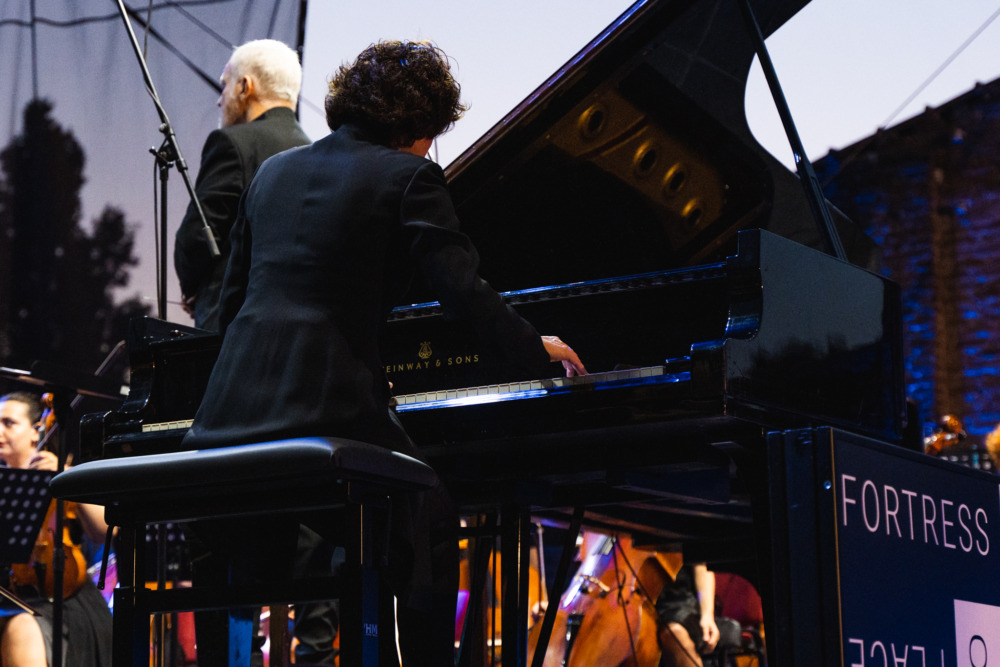
The sixth edition of the NEO festival showed the extraordinary evolution of the festival itself, as well as its progress and quality compared to previous years. The anti-war theme itself, pointing to creativity created during the war period, works that call for reflection on community and peace, attracted and interested a large audience, who followed all the concerts with great attention and then greeted the performers on stage with applause. On the other hand, a large number of domestic and foreign performers-artists had the opportunity to collaborate, exchange professional experiences and even plan some new joint collaborations in the future. That’s why we can interpret these 10 concerts at the NEO festival as one big collective prayer for peace, experienced and relived with the help of sound, as an allusion to unpleasant events and wish to stop and never happen again.

